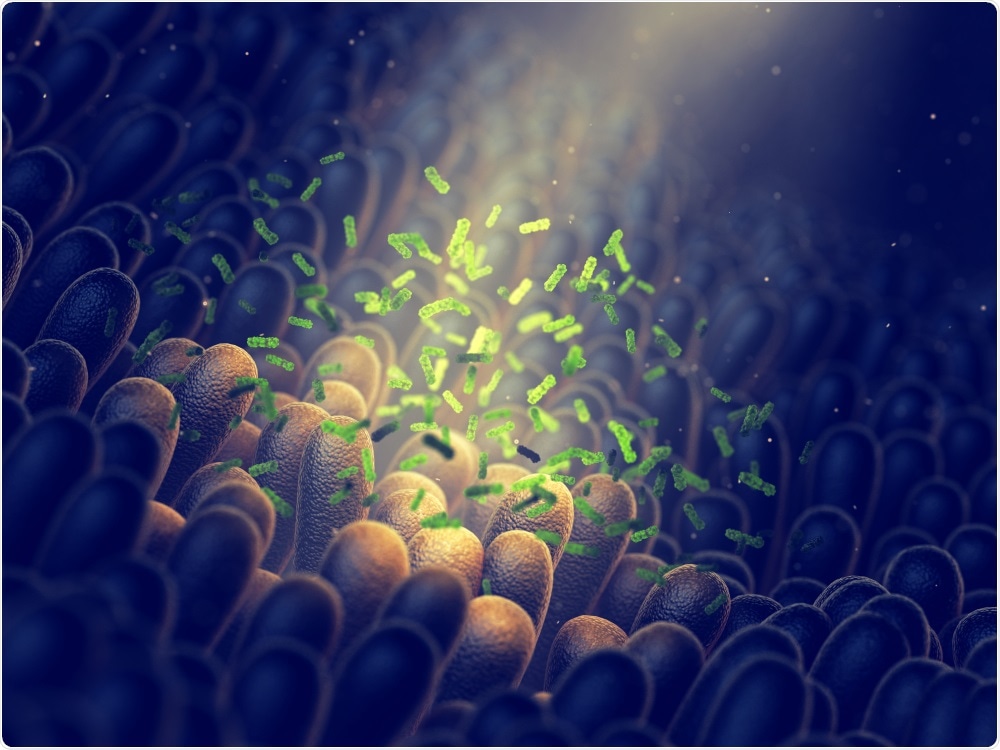Researchers continue to explore the role of gut bacteria on health, including its link to depression, autoimmune diseases, mental health, and obesity.
What is atherosclerosis?
Atherosclerosis is the narrowing of the arteries, preventing blood flow. It is a condition in which plaque builds up inside the arteries, which are blood vessels that carry oxygen-rich blood to vital organs, such as the heart, brain, and kidneys. It also delivers oxygen and nutrients to cells throughout the body.
Plaque contains cholesterol, fat, calcium, and other substances found in the blood. When the plaque takes over the arterial wall, it limits blood flow, which can lead to serious problems, including stroke, heart attack, and even death.
Novel molecules
The findings of the study, published in the journal Nature Biotechnology, show that the molecules, called peptides, can slow the growth of bad gut bacteria.
The team wanted to explore how some conditions can be prevented through remodeling or reshaping the communities of bacteria in the gut. The gut microbiome is a dense population, containing trillions of bacteria that co-exist with other human cells to help with digestion, metabolism, brain health, and immune function.
The researchers also wanted to investigate how a typical Western diet rich in fats, sugar, and carbohydrates can impact the gut bacteria in ways that lead to the development of high cholesterol levels and eventually, atherosclerosis.
The study findings
To arrive at the findings, the study involved mice that were bred to be vulnerable to high cholesterol, and the team fed them with a Western-style diet that bought on atherosclerosis and changes in their gut microbiome.
The team then created a set of molecules that slowed the growth of less-desirable species of gut bacteria. The results of the study show that the peptides effectively shifted the balance of species in the gut microbiome in mice who had high cholesterol levels.
In turn, the reshaped gut microbiome has led to lowered cholesterol levels. Further, it helped slow down the buildup of plaques or fatty deposits in the arteries.
"It was surprising to us that simply remodeling the gut microbiome can have such an extensive effect," Dr. Reza Ghadiri, a professor in the Department of Chemistry at Scripps Research, said.
Gut microbiome and human health
The gut microbiome has been tied to various conditions and diseases. Many scientists believe that controlling and reshaping gut bacteria can have many health benefits.

Intestinal bacteria, gut flora. Image Credit: nobeastsofierce / Shutterstock
Symbiosis, the balance of the species in the gut, is essential in promoting overall health and well-being in humans.
Over the past decades, the gut microbiome of symbiotic bacteria has become the focus of studies across the globe. Scientists believe that symbiosis can also alter human health, especially when people misuse antibiotics and consume high fat, sugar, and carbohydrate foods, just like Western-style diets.
Hence, gut microbiome imbalance has been tied to conditions such as hypertension, diabetes, obesity, and atherosclerosis, which all contribute to life-threatening and chronic diseases. The study authors believe that using the novel molecules can help prevent atherosclerosis, and eventually, reduce the risk of cardiovascular disease.
"Our approach, using small molecules called cyclic peptides, is inspired by nature. Our cells naturally use a diverse collection of molecules, including antimicrobial peptides to regulate our gut microbe populations," Dr. Luke Leman, an assistant professor in the Department of Chemistry at Scripps Research, and co-author of the study said.
The team suggests that the study findings can help in developing therapeutics in reversing atherosclerosis and preventing chronic diseases.
"Directed chemical manipulation provides an additional tool for deciphering the chemical biology of the gut microbiome and might advance microbiome-targeted therapeutics," the researchers wrote in the paper.
Source:
Journal reference: